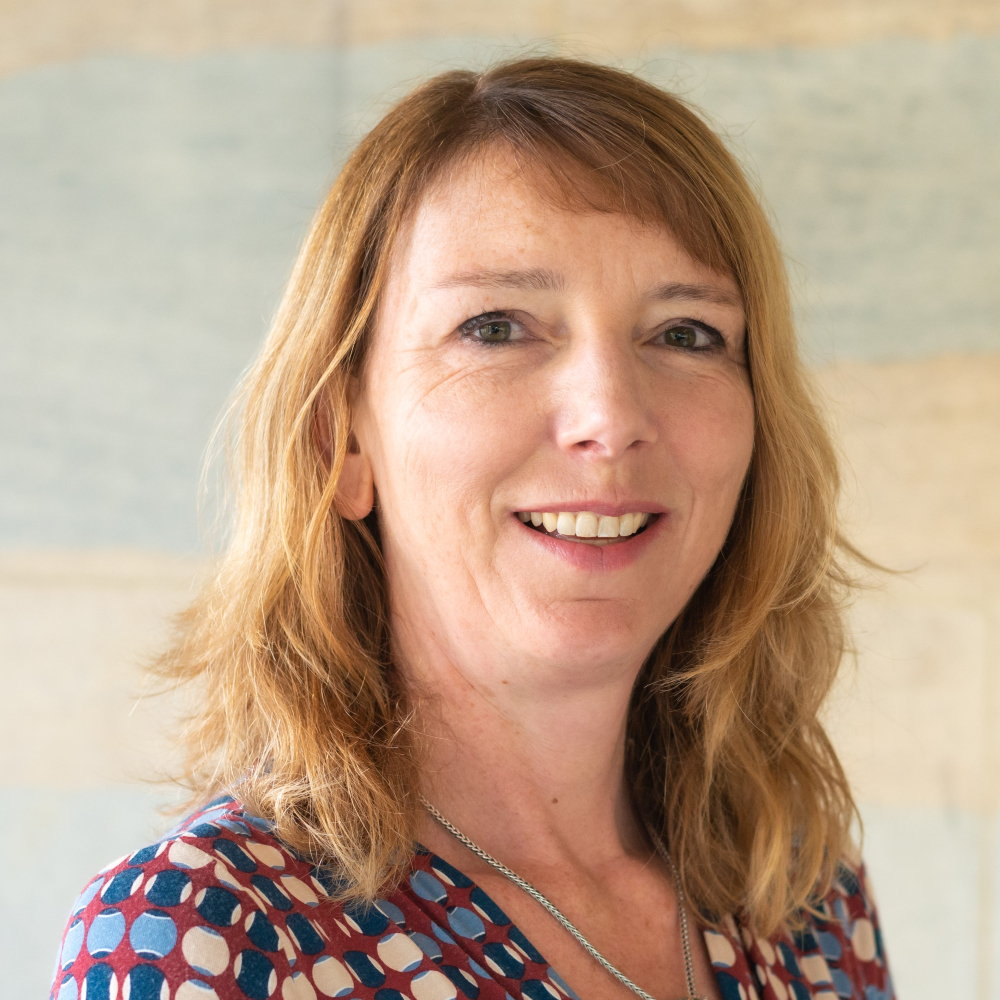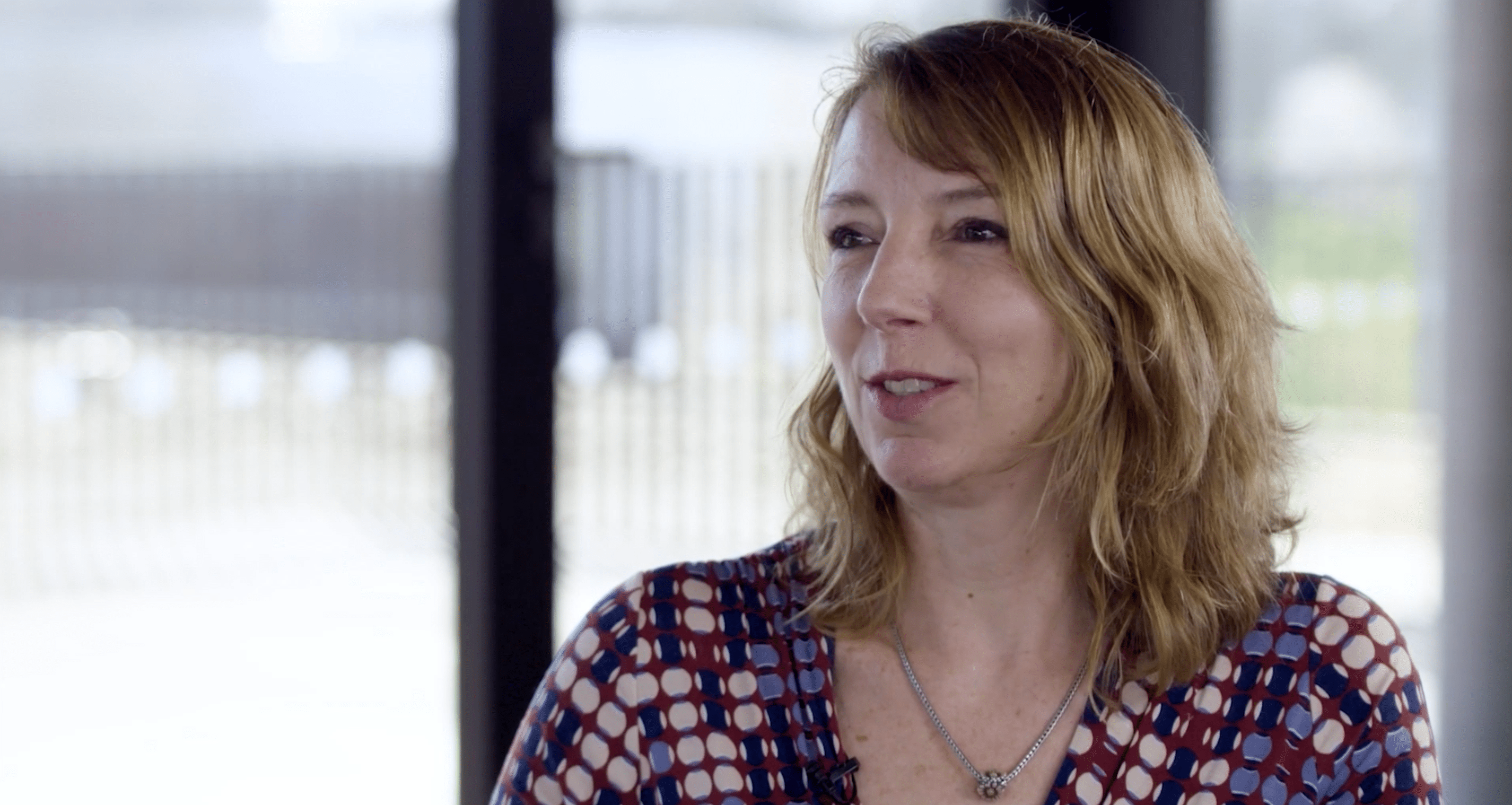The challenge
The UK government spends at least £1.9 billion each year to ensure all three and four year-olds have access to childcare and early education for 15 hours a week, 38 weeks a year.There is ongoing debate about whether (and by how much) to increase families’ entitlement, as well as a specific plan to extend the entitlement to two year-olds in England from low-income families. But there was surprisingly little evidence on the causal impact of free childcare.
This project aimed to address the gap in understanding by considering whether free provision of childcare affects maternal outcomes other than participation and hours of work, such as working patterns, search behaviour and participation in further education. It also looked to establish the effects of free childcare provision on a child’s mental and physical development.
This major research project, jointly funded by the ESRC and Nuffield Foundation, would provide the first robust evidence to the HM Treasury, the Department for Work and Pensions, the Department of Education, childcare practitioners, charities and campaign groups, as well as families and tax-payers generally, on how this huge investment is making a difference to the lives of millions of people.
What we did
Through analysis of large administrative data sets, looking at children’s outcomes as well as parental employment, the research team have provided the first academic evaluation which has been of crucial significance to policy makers looking to improve children’s educational outcomes, equity of opportunity among children, and mothers’ labour market participation.
What we changed
This research has changed government thinking, challenged the practice and policies for practitioners and campaigners, and influenced future research strategies.
Our finding that the policy had to a great extent crowded out private investments into early education with little behavioural change among parents and consequently very small and short-lived effects on children’s outcomes and modest increases in female labour force participation significantly changed the way that government views the effectiveness of the free entitlement policy. In particular, we have clarified to government and policy makers the trade-offs inherent in early years’ policy in the UK.
Our written and oral evidence to the House of Lords Select Committee on Affordable Childcare is cited in their report multiple times, highlighting that the policy had little impact on child outcomes or maternal employment.
The Treasury Select Committee on childcare policy and its influence on the economy cites our evidence and highlights that free childcare had not led to a significant impact on working patterns of parents.
We helped policy makers understand that the policy instead has a substantial transfer element and has displaced expenditure by parents to a significant degree. Consequently, for the first time, the aim of helping families with the cost of raising children was included as a policy aim of the extension of the free entitlement from 15 to 30 hours for working families from September 2017 in England.
Our research improved understanding of third sector organisations and interest groups on ‘what works’ in Early Years Policy, finding that the outcomes of the children were more influenced by the quality of the nursery than the qualifications of the staff.
Save the Children was campaigning for graduates to be present in all childcare settings. The findings “have challenged our thinking and led to us to consider what quality means in early education, how it influences children’s early development and what we can do to ensure all children have access to high quality settings.”
Our work highlights that the impact of free childcare on mothers going to work is higher if parents can choose how to allocate funded hours across week days, and a larger effect of full-time than part-time subsidies and this insight has led the Government Equalities Office to take “a more nuanced approach to the policy changes we were seeking.”





